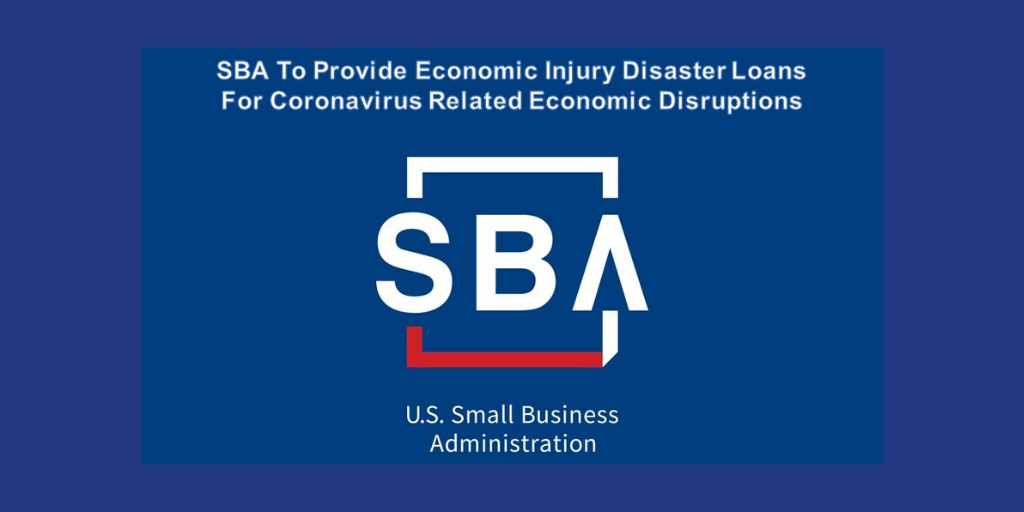
SBA EXPRESS BRIDGE LOANS now available in response to COVID-19
Is your business struggling as a result of the Coronavirus? You may be eligible for a disaster assistance loan.
SBA EXPRESS BRIDGE LOANS now available in response to COVID-19
In response to the COVID-19 National Emergency, the SBA Express Bridge Loan (EBL) Pilot Program has been modified and the term extended. The EBL Pilot Program is designed to supplement the Agency’s direct disaster loan capabilities and authorizes SBA Express Lenders to provide expedited SBA-guaranteed bridge loan financing on an emergency basis in amounts up to $25,000 for disaster-related purposes to small businesses located in communities affected by Presidentially-declared disasters while those small businesses apply for and await long-term financing (including through SBA’s direct Economic Injury Disaster Loan Program, if eligible).
The general eligibility requirements for the EBL are as follows:
· For small businesses with an existing banking relationship with SBA Express lenders as of the date of the disaster. Check Lender List
· Effective March 25, 2020, (announcement by publication of a notice in the Federal Register will follow), SBA expanded program eligibility to include small businesses nationwide adversely impacted under the Coronavirus Disease (COVID-19) Emergency Declaration issued by President Trump on March 13, 2020 (“COVID-19 Emergency Declaration”).
· EBL loans can only be made by SBA Express Lenders that had a valid Supplemental Loan Guaranty Agreement SBA Express Program in effect as of the date of the applicable disaster;
· EBL loans can only be made up to six months after the date of an applicable Presidential Disaster Declaration, however for the COVID-19 Emergency Declaration, EBL loans can be approved through March 13, 2021.
· The Lender must have an existing banking relationship with the EBL applicant as of the date of the applicable disaster in order to help mitigate the risks associated with the streamlined underwriting process under the EBL Pilot Program.
· The small business must have been operational when the declared disaster commenced and must meet all other 7(a) loan eligibility requirements (credit elsewhere, size, etc.);
· All EBL applications will begin with a screening for a FICO Small Business Scoring Service Score (SBSS Score) – The minimum acceptable SBSS Score for an EBL loan applicant is 130.
· Lender must obtain a personal credit score for each guarantor. The personal credit score(s) must be satisfactory under the Lender’s standards for its similarly-sized, non-SBA guaranteed commercial loans.
· The EBL loan must be structured as term loans not to exceed 7 years (revolving lines of credit are not permitted).
· The EBL Pilot Program follows the SBA Express interest rate policy, and SBA guaranty percentage is limited to the maximum guaranty percentage of 50% for SBA Express loans.
· EBL loans cannot be sold in SBA’s secondary market, they’re subject to the same upfront guaranty fees required for 7(a) loans of similar size and maturity.
· Because the maximum amount of an EBL loan is $25,000, SBA Express Lenders are not required to take collateral for EBL loans.
· Lenders may charge an EBL applicant an application fee of 2 % of the loan amount or $250,whichever is greater.
· Prior to any disbursement of EBL loan proceeds, Lender must submit a signed IRS Form 4506-T to the Internal Revenue Service (IRS) and obtain an IRS tax transcript for the EBL applicant business for the purpose of verifying the existence of the business as of the date the applicable disaster commenced and confirming that the EBL applicant has filed required tax returns
For more information on the EBL Program and eligibility requirements, please review the Express Bridge Loan Pilot Program Guide.
Information shared from the Cape Cod Chamber of Commerce, March 26, 2020




